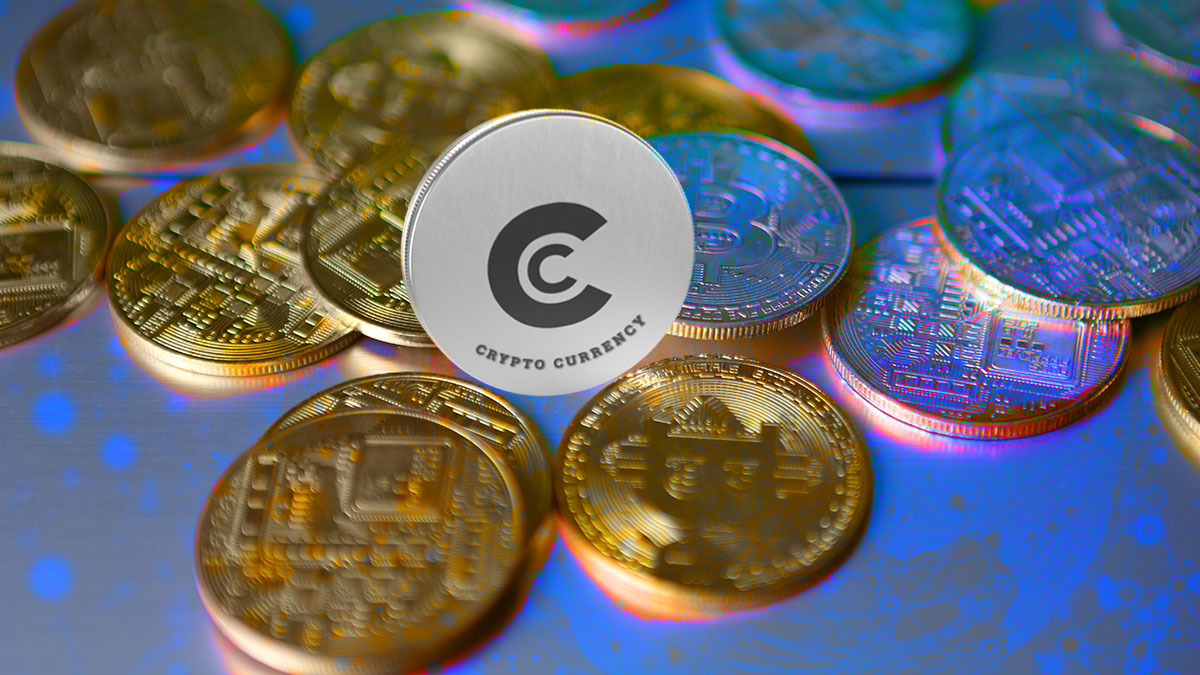Cryptocurrencies have significantly evolved in recent years, gaining recognition from governments worldwide. Once considered high-risk and underground, these digital assets are now officially acknowledged in regulations, exchanges, and legal records. This substantial shift has brought legitimacy to the crypto industry, paving the way for new developments.
What Does the Partnership Entail?
Revolut, the crypto-friendly bank, has recently formed a partnership with Ledger, according to a new announcement. This collaboration aims to offer integrated exchange services for Bitcoin and other cryptocurrencies within the European Economic Area. Users in 27 countries, including Bulgaria, the Czech Republic, Denmark, Ireland, Latvia, Malta, and Switzerland, will be able to buy and sell cryptocurrencies through Ledger Live using Revolut.
How Will This Affect Customers?
Revolut customers in these countries, who have completed the necessary KYC checks, will be eligible to use the new integration. According to the press release, the growing interest in digital assets is driving a focus on self-custody. The statement emphasized that users can now trade cryptocurrencies securely while retaining control over their assets through Revolut Ramp.
Revolut, established in 2015 and based in the United Kingdom, now serves over 40 million users globally. It holds the distinction of being the most valuable fintech company in the country, underscoring its significant presence in the financial technology sector.
Key Takeaways for Users
The integration offers several actionable benefits for users:
- Ability to trade cryptocurrencies directly within the Revolut app.
- Enhanced security through Ledger’s self-custody solutions.
- Access to crypto services in 27 European countries.
- Simplified KYC process to ensure compliance and security.
In summary, the collaboration between Ledger and Revolut aims to provide an integrated and secure trading platform for users, facilitating broader adoption of cryptocurrencies across Europe. The partnership underscores the growing importance of self-custody and regulatory compliance in the digital asset space.













